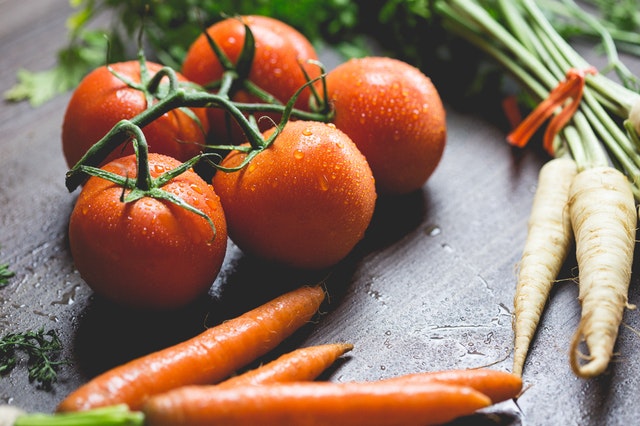Feeding Depression? Foods tied to increased Depression Risk

 Mental Health includes eating the right foods in the right amounts to give your body the best opportunity to being healthy. Here a study takes a look at diet and depression.
Mental Health includes eating the right foods in the right amounts to give your body the best opportunity to being healthy. Here a study takes a look at diet and depression.
Findings from a meta-analysis published in Psychiatry Research indicate that a healthy dietary pattern may lower the risk of depression compared to a western-style dietary pattern.
While some studies have reported a link between diet and depression, there remains unanswered questions about this association. To investigate this, researchers from Linyi People's Hospital, Shandong, China, performed a meta-analysis to evaluate whether certain dietary patterns increase the risk for depression. They searched two databases (Medline and EMBASE) up to September 2016 and identified 21 studies that met the inclusion criteria.
The authors found that a diet which includes large amounts of fruits, vegetables, whole grains, fish, olive oil, low-fat dairy, antioxidants and low intake of animal foods appeared to be associated with a reduced risk of depression.
- A diet consisting of large amounts of red and/or processed meats, refined grains, sweets, high-fat dairy products, butter, potatoes, high-fat gravy and few fruits and vegetables appeared to be associated a higher risk of depression.
 Findings from this analysis suggest that healthy eating pattern may reduce the risk of depression, in contrast to a western-style diet that may raise the risk of depression. "However," added lead author Ye Li, "more randomized controlled trials and cohort studies are urgently required to confirm this finding."
Findings from this analysis suggest that healthy eating pattern may reduce the risk of depression, in contrast to a western-style diet that may raise the risk of depression. "However," added lead author Ye Li, "more randomized controlled trials and cohort studies are urgently required to confirm this finding."
It is true that you are what you eat, choose wisely.

